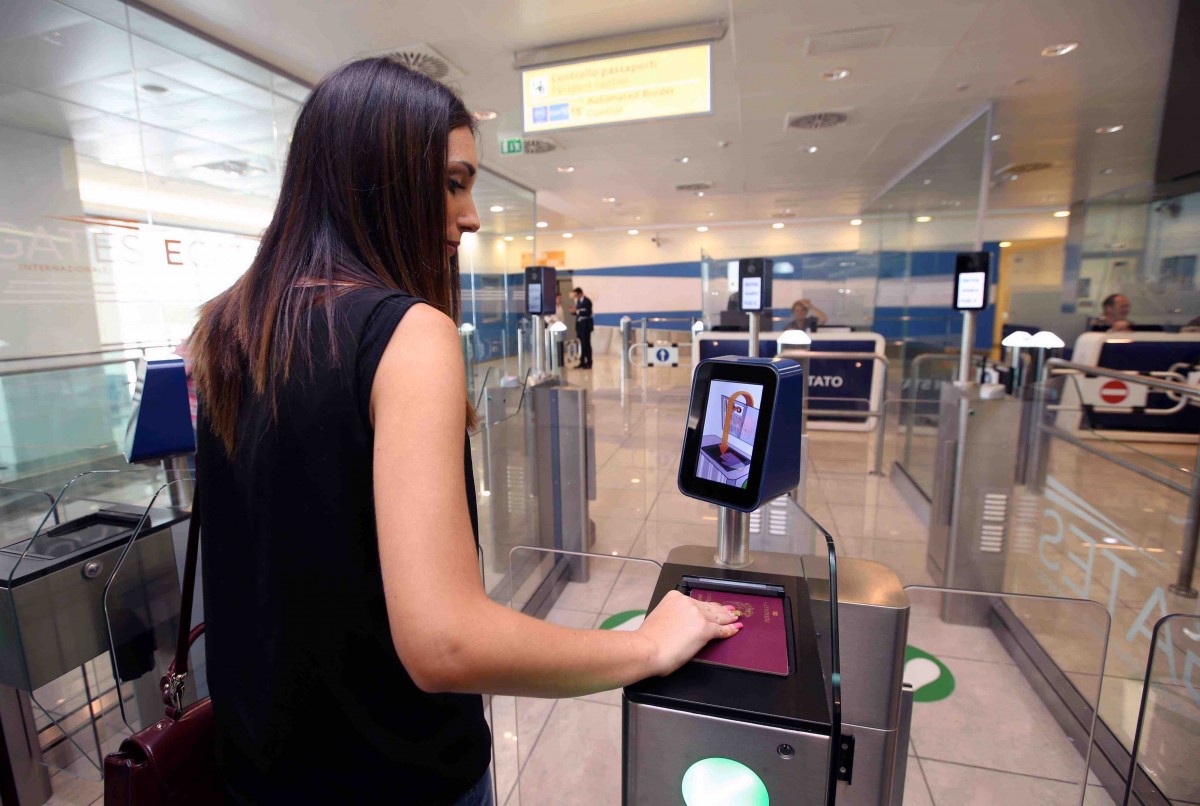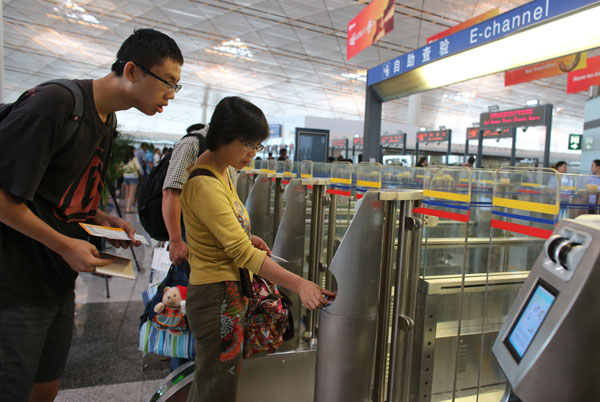In advanced economies, on the other hand, experienced travelers welcome the convenience of digitalized procedures. But they’re easily annoyed by buggy apps and dysfunctional e-gates—and aren’t shy about voicing those complaints on social media. To avoid bad publicity, smart airports partner with firms that focus on the customer experience. They introduce user-friendly interfaces that are easily operated by all passengers, not just road warriors and engineers.
Finally, tech-savvy travelers are increasingly asking pointed questions about how airports and airlines are using their data. To protect themselves against expensive legal actions, smart airports develop a sound data protection policy that clearly outlines how passenger data is captured, stored, and analyzed, and explains how customers can opt out of those processes.
Embracing new technologies that deliver a clear ROI is an important aspect of what makes an airport "smart." But it isn't the only one. In the coming weeks, we'll be looking at other key features of smart airports. Stay tuned!



